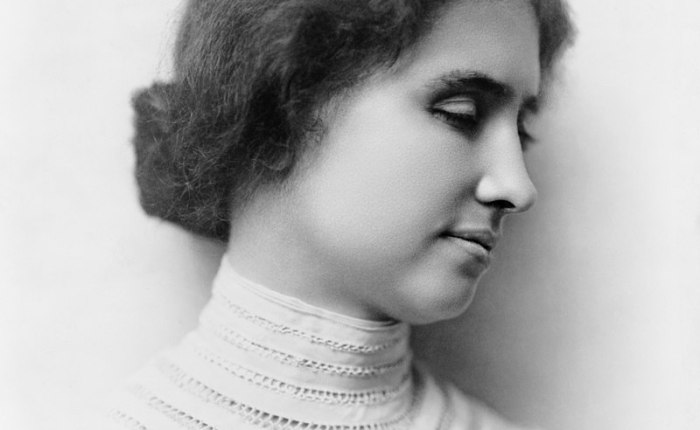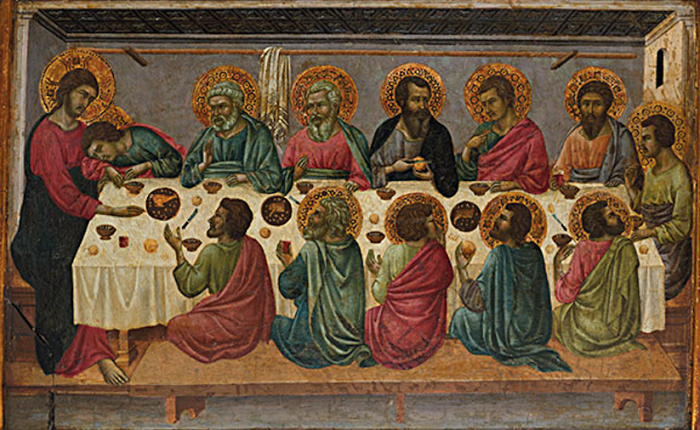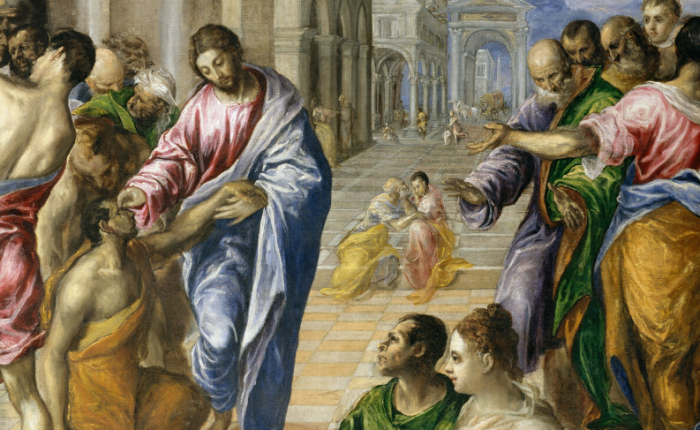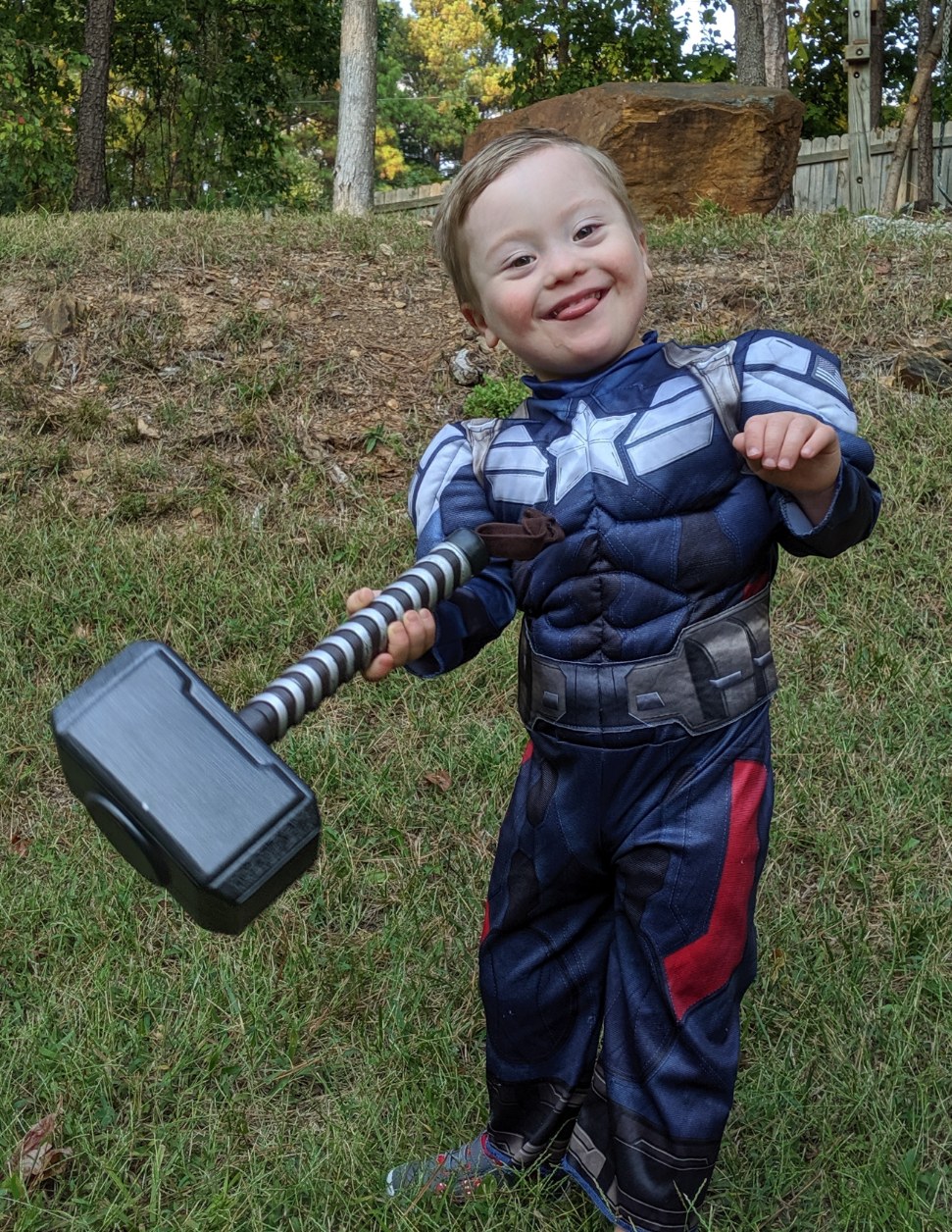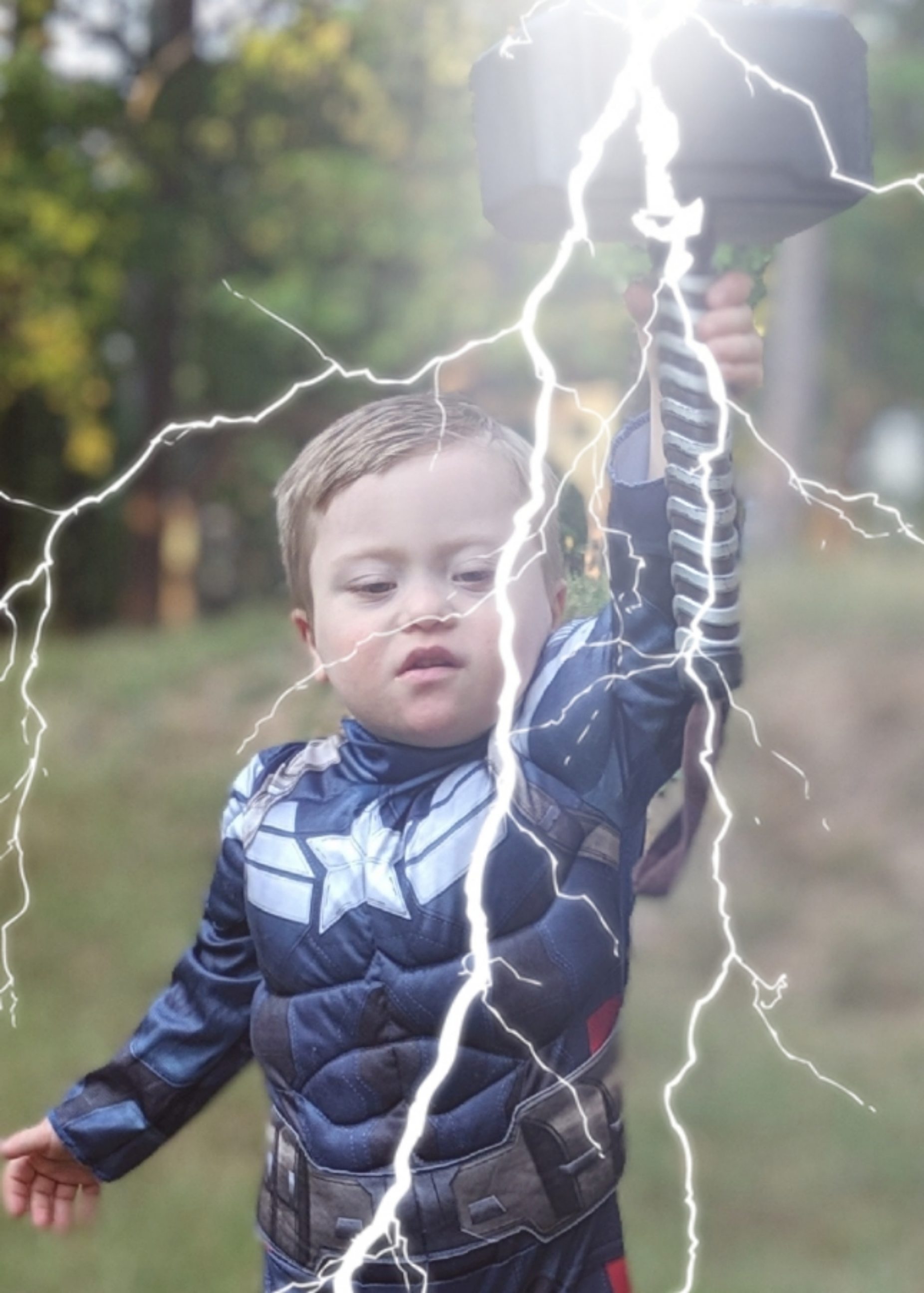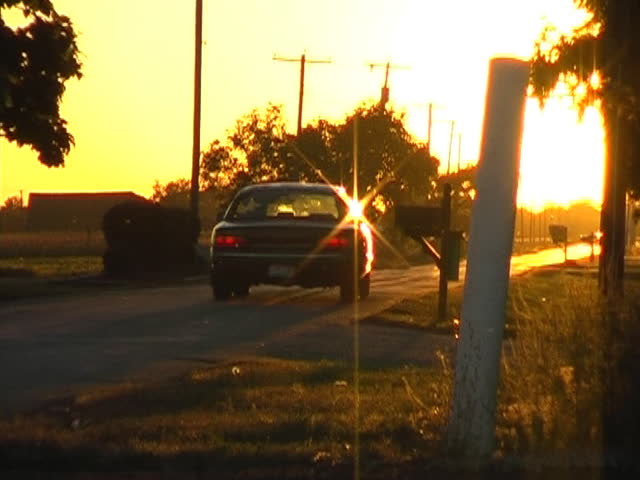
We were finally bringing our son home from the hospital.
He came ten weeks early, so he spent the first 44 days of his life in the NICU. I went to get the car while he and my wife rode the elevator with one of his nurses. My wife later told me that his nurse seemed to be holding back tears as she repeatedly said things like, “Make sure you…” while adjusting his car seat straps and ensuring he was warm enough.
She was so maternal.
She wasn’t his mom, but she sure had acted like one. Up until that point she had been responsible for much of his care. She had probably spent more time with him than we had during those six long weeks. I can only imagine the emotions she must have experienced during that elevator ride. This child she had dedicated so much time and effort into caring for was leaving.
She made one last car seat check before we hugged her and said goodbye. She loved him. I doubt that seeing him go was easy for her. But as hard as it may have been, he obviously needed to be at home with his family. He needed his mom and dad.
The NICU isn’t ideal. What’s supposed to happen is your child is born healthy and then you take them home. But things don’t always go as planned. Kids belong at home with their moms and dads, but when things go wrong, the NICU becomes necessary.
In a perfect world, all children would grow up in the safe care of their moms and dads at home. But things aren’t as they should be, and there are currently some 438,000 children in the foster care system who, through no fault of their own, can’t be with their parents. Regardless of what you or I may think about the unfortunate choices which may have led to this, surely we can agree that this is unbelievably tragic. Children need their moms and dads.
Upon learning about the great need for safe homes for these kids, my wife and I decided to become foster parents. Early on in our exploration phase, we assumed fostering was about bringing children into forever homes. We saw it as something of a first stop on the road to adoption. What we came to understand is that the initial primary goal in foster care is not to give children new families, but to reunify them with their biological parents.
Don’t get me wrong, that doesn’t always happen. In foster care, the end goal is permanency for the child. A stable, loving, forever home. Many children come into care with no hope of being reunified for various reasons. Or, sometimes what begins as hope for reunification ends up not working out that way. In such cases, I am so thankful that adoption exists. It is a wonderful, beautiful thing. It is a commitment that we are certainly open to making should the time come.
So please don’t misunderstand me, I am not knocking adoption. I am simply saying that ideally, whenever possible, foster care ends with children being reunited with their moms and dads.
And of course that should be the initial hope and goal. Kids belong with their parents. Children are only taken from their families if it is necessary for their safety and well-being. There are very serious reasons for removing a child from the custody of their parents. But once those reasons are resolved (if that is possible), it is time for that child to go back home.
Until that happens, the children are placed into homes with foster moms and dads because they need surrogates who will stand in the gap and love them. Who will let them know that they matter and try to offer some sense of security and normalcy. To try and help with healing. And that’s why we do it. So that children can have a safe place with us until home becomes safe again.
But for many of them, home will never again be deemed safe. Reunification certainly happens, but not always. And because it is not guaranteed, the times when it successfully happens should be celebrated all the more.
Still, when it comes time to give children back to their parents, it’s not necessarily easy. It might be tempting for some to think that the certified foster home is a better place for the child. Some may question the wisdom of giving the parents another chance. Even those who see that this truly is best may have reservations. And they will have difficulty saying “goodbye.”
Letting go of a child you’ve opened your heart to feels about as good as you might expect. Having done that myself, I think I can somewhat relate to how I assume my son’s NICU nurse felt that day. Of course, kids coming into foster care and kids coming into the NICU are not identical situations. In fact, they are altogether different. However, the ideal outcomes of both do somewhat mirror one another.
Like a child being discharged from the NICU, a foster child is being placed back with their parents as care is transferred. This is how it should be, but foster parents will still want to tell that bio parent, “Make sure you…” as they hold back tears, making sure that the child’s car seat is properly adjusted.
Giving a child that you have grown to love as your own back to their parent is so hard.
But if the state has done its due diligence* and determined that the parents are ready to bring their child home, then that child is going to be with parents who have been through the ringer to regain custody. They’ve worked hard to be reunited with that little one they love so much. And the hope is that they are ready to offer a safe and secure home again.
And so we, the foster parents, watch that car pull out and drive away. We may have tears in our eyes because we love that child who is leaving, but we have joy as well. Joy in seeing a family reunited. Joy in knowing that this person we love gets to be with his or her family again. And, I’d imagine similarly to an NICU nurse, we get the satisfaction in seeing the fruits of our (oftentimes difficult) labor. This child is in a better place than when they first came to us.
And now, against all odds, they get to go to the place that is unlike any other: home. It doesn’t always happen this way.
Thank God it did this time.
*Unfortunately, sometimes important things do fall through the cracks and children are released back into unsafe situations. The foster care system is not perfect. Many speak about it being a “broken system”. I don’t believe that it the correct way to frame it, though. What is broken is the world we live in. Foster care exists because things aren’t perfect in the world. It is a necessity, but tragically things don’t always work out as well as the state intends. Generally speaking though, children go home when necessary corrections have been made.

